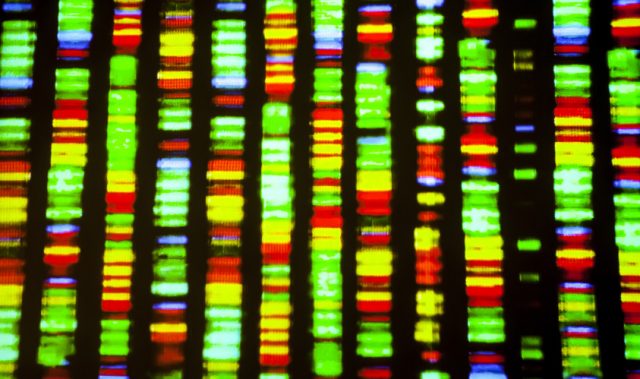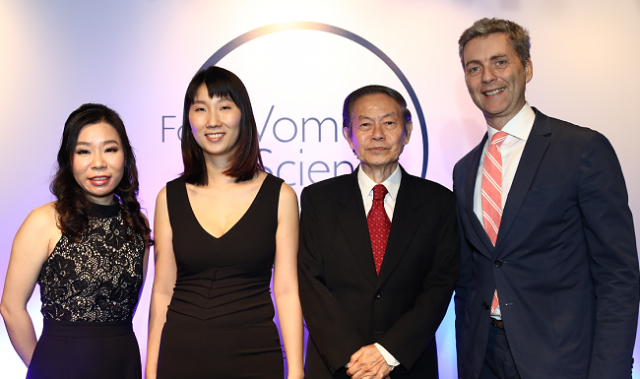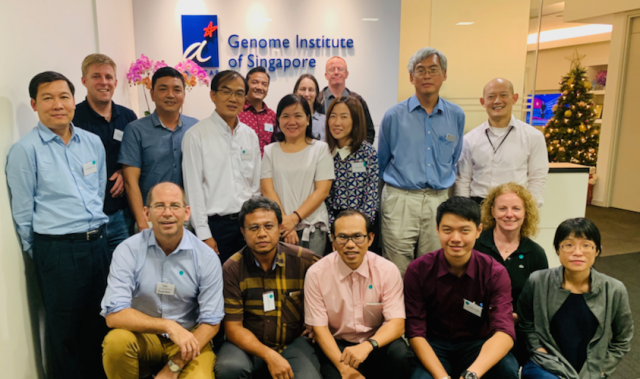
AsianScientist (Dec. 17, 2012) – The Genome Institute of Singapore (GIS), an institute under the Agency for Science, Technology and Research (A*STAR), and Fluidigm Corporation have established a research center dedicated to the understanding of how individual cells work.
Researchers have long known that heterogeneity exists among cells in tissue samples and other populations, but this variability is masked by averaging data across pooled cell samples.
The GIS-Fluidigm Single-Cell ‘Omics Center (SCOC) will concentrate the efforts of researchers who are studying single cells for applications in disease diagnostics and treatment.
Stakeholders in this academic-industry partnership include drug discovery firms, pharmaceutical and biotech companies, academia, and clinics across Asia.
An example of an early SCOC project led by GIS Senior Group Leader Dr. Paul Robson is to define early embryonic cellular state spaces using single-cell transcriptomics through mRNA sequencing.
The SCOC lab will be housed within GIS at A*STAR’s Biopolis complex. It will be equipped with Fluidigm’s new C1™ Single-Cell Auto Prep System and the Fluidigm BioMark™ HD System for gene expression analytics and validation. In addition, the center will have access to sequencing facilities.
Drs. Paul Robson and Bing Lim, GIS Senior Group Leader and Associate Director, Cancer Stem Cell Biology, will oversee the initial SCOC projects.
“The Single-Cell ‘Omics Center is a major boost to the emerging, burgeoning field of single-cell analysis and we are thrilled to be part of it together with GIS,” said Gajus Worthington, President and Chief Executive Officer of Fluidigm.
“GIS has a track record of publishing breakthroughs based upon single-cell research, so this center can act as an accelerant for more new science. In addition, we expect the SCOC will stimulate more single-cell genomics research throughout Asia,” Worthington said.
——
Source: A*STAR.
Disclaimer: This article does not necessarily reflect the views of AsianScientist or its staff.












